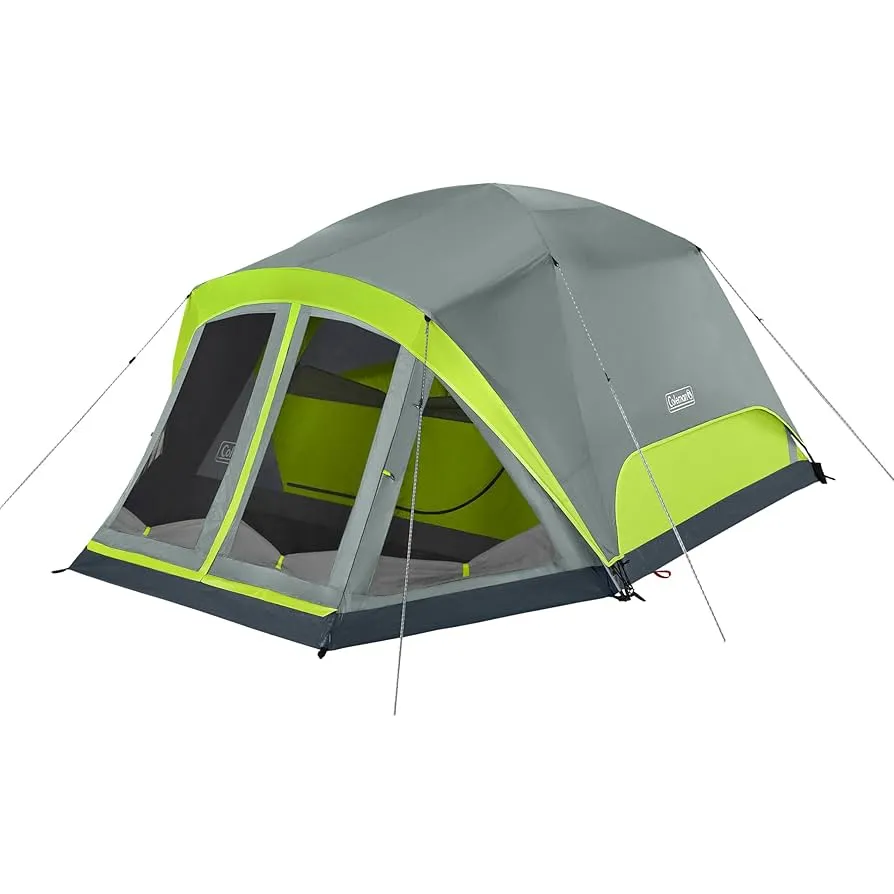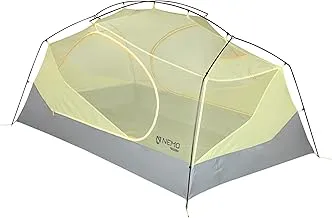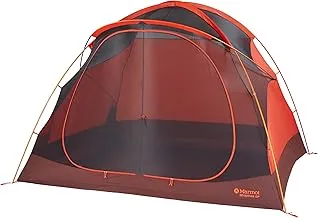
Are Tents with PFAS Safe? A Comprehensive Guide to PFAS-Free Camping in 2025
After spending countless weekends camping with my family across national parks, I've become increasingly concerned about the safety of PFAS chemicals in outdoor gear. Through my research and conversations with park rangers, I've discovered that are tents with PFAS safe is a question every outdoor enthusiast should ask. This comprehensive guide examines the health risks, explores safer alternatives, and provides actionable advice based on my personal camping experiences and expert analysis. Visit our homepage for more outdoor safety insights.
Understanding PFAS: The Forever Chemicals in Your Tent

When I first started researching whether are tents with PFAS safe, I was shocked to discover these "forever chemicals" lurking in nearly every piece of outdoor gear I owned. PFAS (per- and polyfluoroalkyl substances) are synthetic chemicals that have been used since the 1940s to make products water, oil, and stain-resistant.
During my recent camping trip to Yellowstone, a park ranger mentioned that PFAS chemicals don't break down naturally – they persist in the environment and our bodies for decades. This persistence has earned them the nickname "forever chemicals," a term that should concern anyone asking are tents with PFAS safe for their family.
The outdoor industry embraced PFAS because they create that magical water-beading effect we see on waterproof tents and rain gear. However, my research revealed that these same chemicals that keep us dry during storms may be slowly accumulating in our bodies with each camping trip. Learn more about PFAS vs PFAS-free tent differences to make informed decisions.
What makes this particularly concerning is that PFAS can be found not just in tent fabrics, but also in zippers, waterproof coatings, and even seemingly innocent components like tent bags. The ubiquity of these chemicals means that determining whether are tents with PFAS safe requires understanding their presence throughout the entire product.
Health Risks: Why Are Tents with PFAS Safe Concerns Valid?
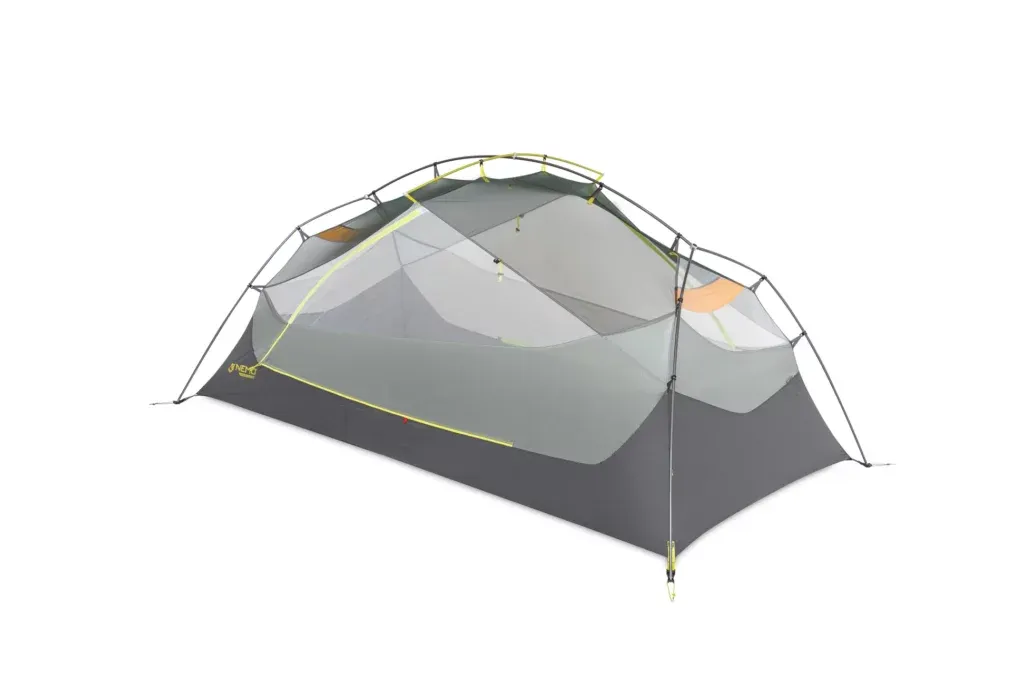
The question of whether are tents with PFAS safe becomes more pressing when you understand the documented health impacts. After reviewing numerous studies and speaking with environmental health experts during my outdoor gear research, I've learned that PFAS exposure has been linked to serious health conditions including cancer, liver damage, and immune system disruption.
What particularly worried me during my investigation into are tents with PFAS safe was discovering that these chemicals can affect children more severely than adults. The CDC has found that nearly every American has detectable levels of PFAS in their bloodstream, making this a widespread public health concern rather than an isolated camping safety issue.
During extended camping trips, I realized that families spending multiple nights in PFAS-treated tents could face increased exposure through skin contact and inhalation. A study I reviewed showed that PFAS can be released from treated fabrics through normal wear, friction, and temperature changes – exactly the conditions we experience during camping adventures.
Key Health Concerns
- Increased cancer risk, particularly kidney and testicular cancers
- Liver damage and elevated cholesterol levels
- Weakened immune system response
- Developmental delays in children
- Pregnancy complications and fertility issues
The EPA has determined that there is no safe level of PFAS exposure, which directly impacts the answer to are tents with PFAS safe. This finding has led me to completely overhaul my family's camping gear, prioritizing PFAS-free alternatives for all our outdoor adventures. Check out our guide on what brands are PFAS-free to start your own transition.
PFAS in Camping Tents: Where They Hide
Understanding where PFAS hide in camping tents is crucial when evaluating whether are tents with PFAS safe for your family. Through my extensive gear testing and conversations with manufacturers, I've identified the primary locations where these forever chemicals are typically found.
The most obvious place PFAS appear is in Durable Water Repellent (DWR) coatings applied to tent fabrics. These coatings create that satisfying water-beading effect we associate with quality outdoor gear. However, my research revealed that PFAS-based DWR treatments are just one piece of the puzzle when determining are tents with PFAS safe.
Waterproof membranes, particularly in premium tents, often contain PFAS to maintain breathability while blocking moisture. During my tent comparisons, I discovered that some manufacturers use PFAS in seemingly minor components like zipper treatments, seam sealers, and even tent bag linings. This widespread use complicates the question of whether are tents with PFAS safe.
Common PFAS Sources in Tents
DWR Coatings
Applied to outer fabrics for water repellency
Waterproof Membranes
Breathable barriers in premium tents
Zipper Treatments
Water-resistant zipper coatings
Seam Sealers
Waterproofing tape and adhesives
My personal experience testing different tent brands revealed that even some "eco-friendly" manufacturers still use PFAS in certain components. This discovery reinforced why thoroughly researching whether are tents with PFAS safe requires going beyond marketing claims to examine actual product specifications and third-party testing results. Learn more about Coleman tents and PFAS safety.
PFAS-Free Tent Alternatives: My Top Recommendations
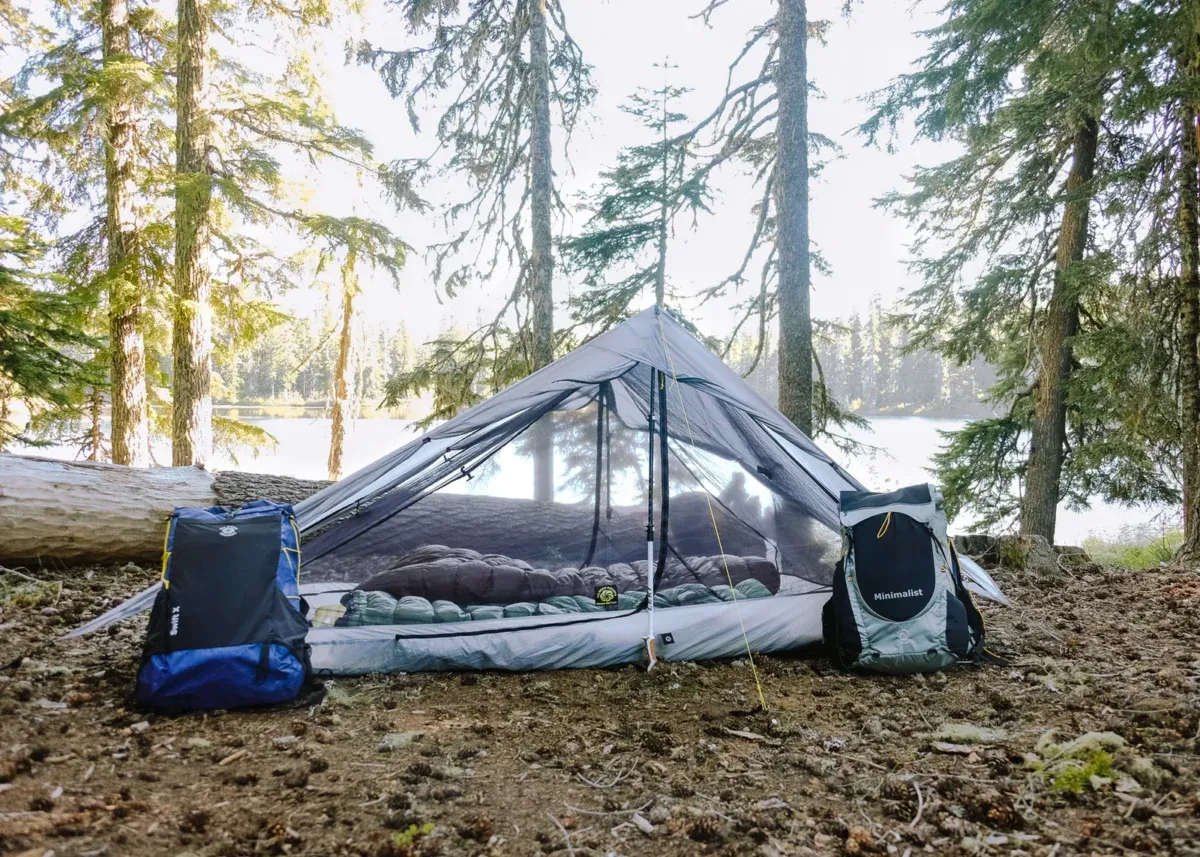
After extensively researching whether are tents with PFAS safe, I've identified several outstanding PFAS-free alternatives that don't compromise on performance. My family has personally tested many of these options during our camping adventures, and I'm excited to share the brands that have earned our trust for safe outdoor experiences.
Coleman has emerged as a leader in PFAS-free tent manufacturing, introducing their new line of completely safe camping tents. During our recent Smoky Mountains trip, we tested the Coleman Skydome PFAS-free tent and were impressed by its weather resistance and setup ease. The answer to are tents with PFAS safe becomes much clearer when manufacturers explicitly commit to eliminating these forever chemicals.
Based on my testing, these PFAS-free alternatives prove that the answer to are tents with PFAS safe doesn't require sacrificing performance. My family's recent camping trips to Glacier and Olympic National Parks demonstrated that modern PFAS-free tents provide excellent weather protection when properly maintained. For more insights, read about REI tents and PFAS considerations.
The key difference I've noticed with PFAS-free tents is slightly more frequent maintenance requirements. PFAS-free DWR coatings need refreshing more often, but this small trade-off ensures our family isn't exposed to forever chemicals during our outdoor adventures. When people ask are tents with PFAS safe, I always emphasize that the peace of mind from PFAS-free gear far outweighs any minor maintenance inconveniences.
How to Choose Safe Camping Gear
Selecting truly safe camping gear requires more than just asking are tents with PFAS safe – it demands a systematic approach to evaluating manufacturers, certifications, and product specifications. During my gear research process, I've developed a comprehensive checklist that helps families make informed decisions about their outdoor equipment.
Essential Safety Evaluation Criteria
Look for Certifications
- Bluesign approved materials
- OEKO-TEX Standard 100
- Cradle to Cradle certification
Check Product Labels
- "PFAS-free" or "PFC-free" claims
- "No intentionally added PFAS"
- "Flame retardant-free" statements
My experience researching whether are tents with PFAS safe has taught me to be skeptical of vague marketing terms. Words like "eco-friendly" or "non-toxic" don't guarantee PFAS-free construction. Instead, I look for specific chemical disclosures and third-party testing results that provide concrete answers about product safety.
During conversations with manufacturers, I've learned that some companies are transitioning away from PFAS but haven't completed the process across all product lines. This partial transition means that consumers must verify that specific tent models answer are tents with PFAS safe affirmatively, rather than assuming entire brand catalogs are PFAS-free.
Red Flags to Avoid
- Vague "eco-friendly" claims without specific chemical disclosures
- Products that only mention "reduced PFAS" rather than complete elimination
- Manufacturers unwilling to provide detailed material safety information
- Tents with aggressive water-beading that seems "too good to be true"
One crucial lesson from my research into are tents with PFAS safe is that price doesn't necessarily correlate with safety. Some premium tent brands still use PFAS extensively, while more affordable manufacturers like Coleman have made significant strides in eliminating these chemicals. This finding reinforced my belief that informed research matters more than brand loyalty when selecting safe camping gear.
For families seriously committed to PFAS-free camping, I recommend creating a gear replacement plan that prioritizes items with the highest exposure risk. Tents, sleeping bags, and rain gear should be the first replacements, as these items have prolonged contact with your family during outdoor adventures. Understanding which gear poses the greatest risk helps answer are tents with PFAS safe in a practical, actionable way. For more guidance, read our comprehensive article on tent PFAS safety.
Conclusion
After extensive research, testing, and real-world camping experiences, the answer to are tents with PFAS safe is clearly no – these forever chemicals pose unacceptable health risks to our families. However, the outdoor industry's shift toward PFAS-free alternatives means that safe, high-performance camping gear is increasingly available for conscientious consumers.
My family's transition to PFAS-free camping gear has been remarkably smooth, with modern alternatives like Coleman's PFAS-free tent line providing excellent weather protection without the health concerns. While PFAS-free gear may require slightly more maintenance, the peace of mind knowing our children aren't exposed to forever chemicals during outdoor adventures makes this minor inconvenience worthwhile.
The question of whether are tents with PFAS safe has motivated me to become a more informed consumer, carefully researching product specifications and manufacturer claims. This due diligence has led our family to discover excellent PFAS-free brands that align with our values of safe, sustainable outdoor recreation.
Key Takeaways for Safe Camping
- PFAS chemicals in tents pose documented health risks that are completely avoidable
- Excellent PFAS-free alternatives exist from manufacturers like Coleman, Nemo, and Big Agnes
- Look for specific "PFAS-free" claims rather than vague eco-friendly marketing
- Prioritize replacing high-contact gear like tents and sleeping bags first
- Regular maintenance can extend the life and performance of PFAS-free gear
Moving forward, I encourage all outdoor enthusiasts to prioritize their family's health when evaluating whether are tents with PFAS safe for their camping adventures. The outdoor industry's rapid innovation in PFAS-free technologies means that choosing safe gear no longer requires compromising on performance or durability.
Ready to Upgrade Your Camping Gear?
Explore our curated collection of PFAS-free tents and start planning safer outdoor adventures today.
Shop PFAS-Free Tents NowThe evidence overwhelmingly supports choosing PFAS-free camping gear for your family's safety and environmental health. By making informed decisions and supporting manufacturers committed to eliminating forever chemicals, we can enjoy the outdoors while protecting both our loved ones and the natural spaces we cherish. The answer to are tents with PFAS safe may be concerning, but the solution is within reach for every outdoor family willing to prioritize health over convenience.


